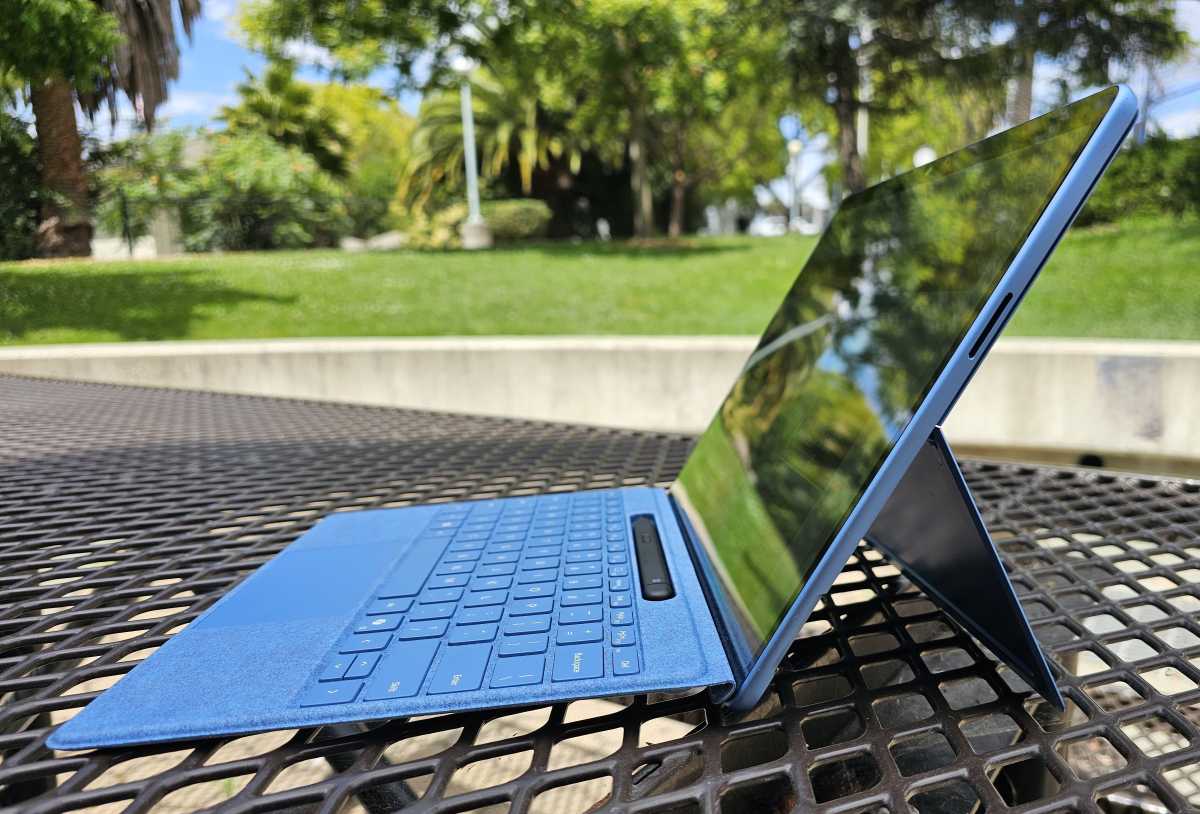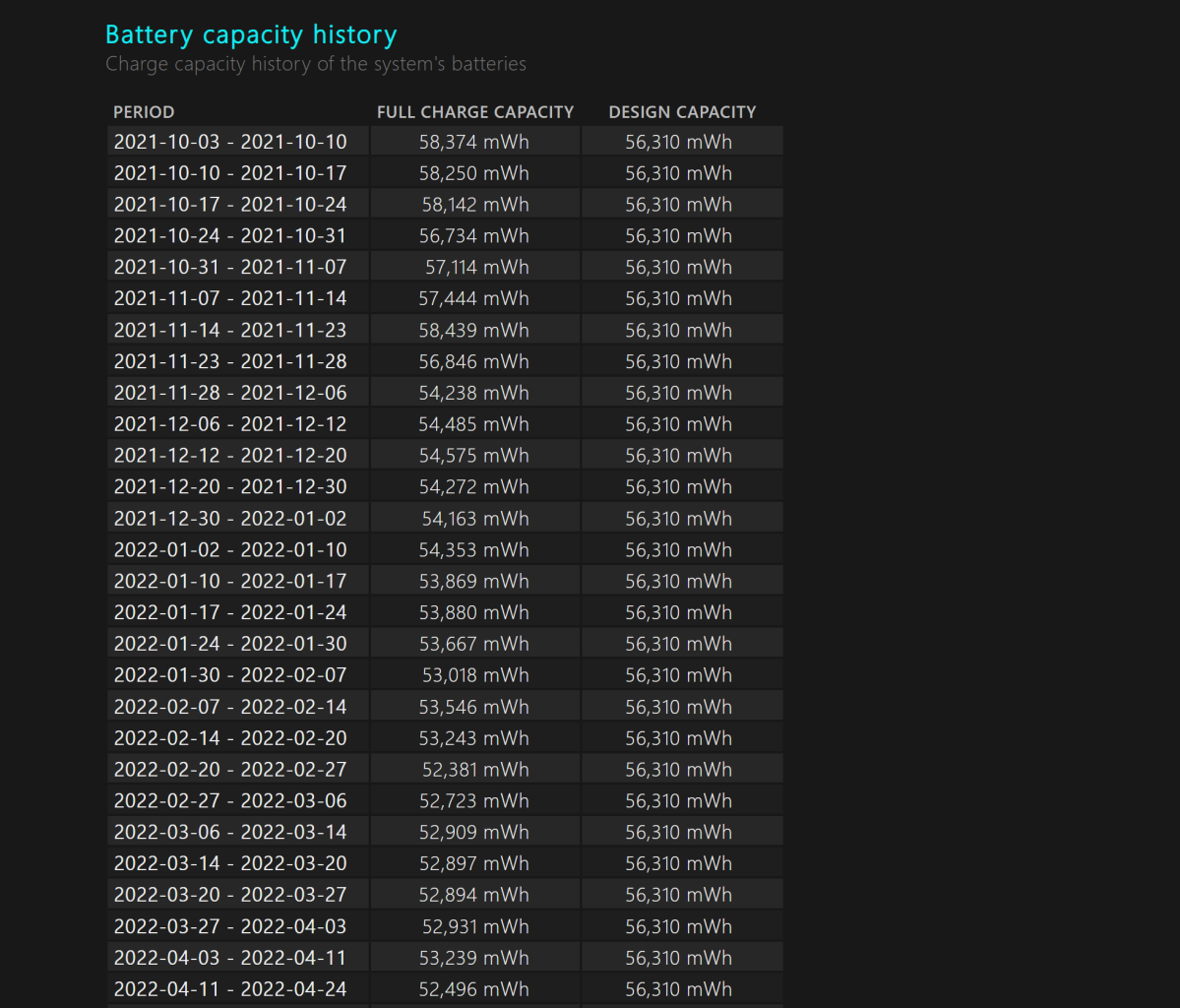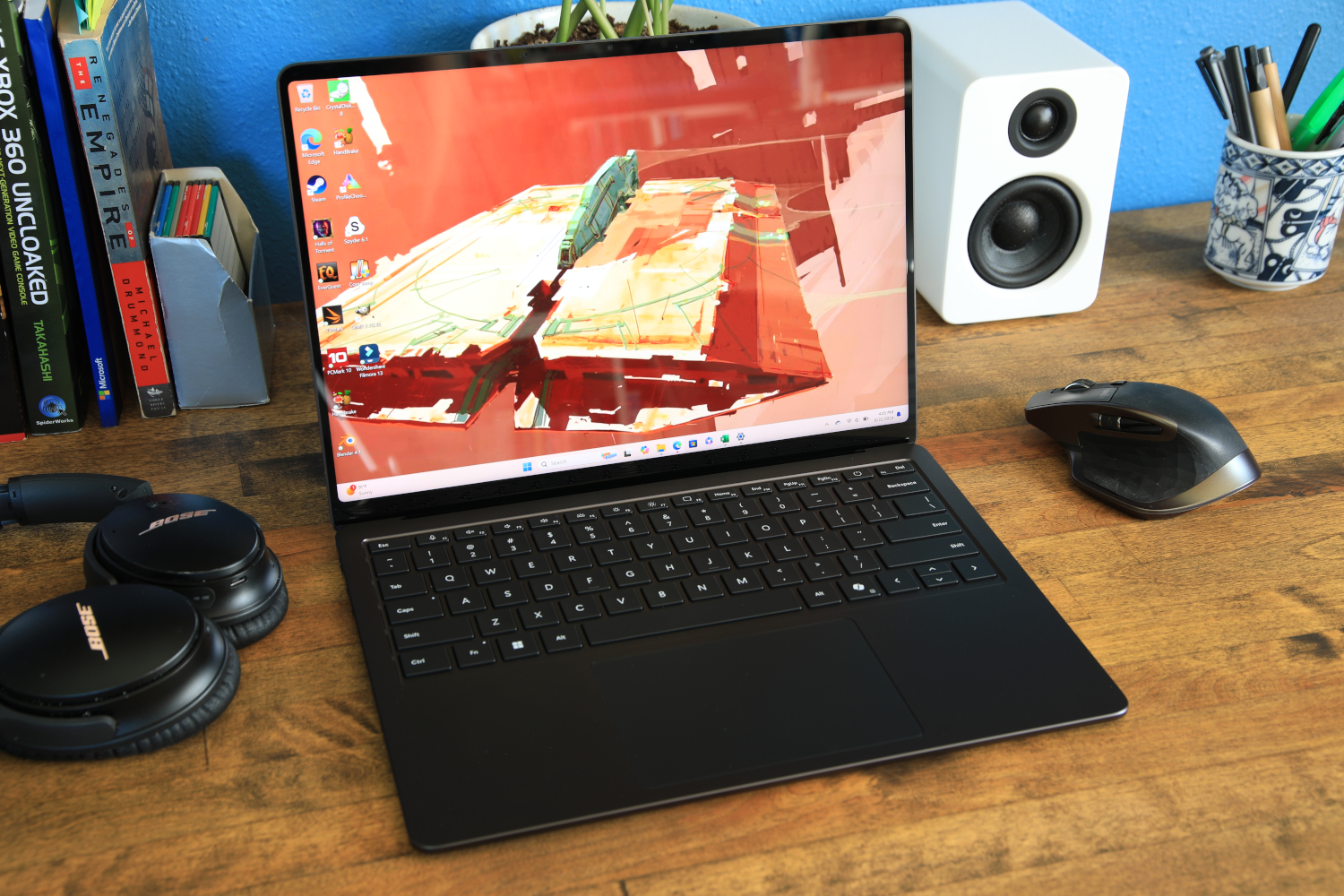Why a long-lasting laptop battery can save you serious cash

 Image: Panos Sakalakis / Unsplash
Image: Panos Sakalakis / UnsplashLaptops powered by Qualcomm Snapdragon processors are clocking in at about 20 hours of battery life. Ditto for notebooks powered by Intel’s “Lunar Lake” chip. But isn’t that number way, way more than what the average user actually needs?
No. On the contrary, it’s probably one of the most significant advancements in laptop technology in years, and one that will likely save you money by extending the lifespan of your laptop well beyond what it was a few years ago — as well as just letting you work where you want.
Generally speaking, people buy new laptops for several reasons. They fall out of support (Windows 10 expires in October 2025, for example); they physically wear out; they slow down to the point that they’re unusable, or their battery wears out. Customers of popular companies, such as Apple, Dell, and HP, may also refresh their laptops to get the latest and greatest features, according to our sister company, IDC.
You can’t do anything about cracking a screen, of course. And buying a speedy laptop will help put off that slooooow sensation for a few years. But battery life is an issue that’s near and dear to my heart, and the reason that these long-life laptops are so significant. They can even save you serious money over the years.
Further reading: These 5 laptops have the longest battery life we’ve ever tested
Battery life matters, just in a new way
The world’s changed. More of us work at home, with convenient power outlets and desks. One of the traditional reasons for owning a laptop with a long battery life was international travel; now many airlines offer in-seat power, where it’s easy to plug in.
But battery-sipping laptops are still necessary. Recently, I was in Berlin shuttling back and forth across town for press conferences and meetings. I didn’t have access to a wall charger and the venues I was in didn’t provide charging outlets — just rows and rows of chairs. That scenario has become surprisingly common, surprisingly quickly, and I have absolutely experienced “battery anxiety” as I compiled my notes to file a story.


Mark Hachman / IDG

Mark Hachman / IDG
Mark Hachman / IDG
Maybe you don’t fit into this scenario, but you still use your laptop on battery at least occasionally. That’s where our story begins.
Batteries degrade over time. You know this. Chances are you jump through a number of hoops to preserve your phone’s battery. You charge it to 80 percent or it “smart charges” overnight to present you with a full charge when you wake up. If the battery runs down too far, you buy a new phone.
People don’t do that with laptops! But keeping your laptop hooked to the charger still progressively degrades your battery, even if you use various software utilities (Microsoft’s Surface app for Surface laptops, say) to try and mitigate the degradation. You can check your laptop’s battery life through the Windows Battery Report tool. Just open a command window (Window + CMD) and type powercfg /batteryreport. The report will land in your Windows folder (This PC > Local Disk > Users > [YourName] and can be opened with your web browser.
There, scroll down to the bottom to view the battery life estimates. While they’ll vary, two numbers stand out. In my case, the “full charge” battery capacity on the laptop I use the most frequently — Microsoft’s Surface Laptop Studio — has diminished from 58,374 mWH in Oct. 2021 to 47,957 mWH in Sept. 2024. Windows estimates of battery life (which can vary, depending on various factors) diminished from about nine hours 56 minutes in 2021 to about five hours 30 minutes of active use in 2024. Even if you don’t agree with the exact numbers, they still have gone down.


Mark Hachman / IDG

Mark Hachman / IDG
Mark Hachman / IDG
Degrading from ‘great’ battery life to just good
Here’s the point: your battery will degrade, inevitably. If your battery life is already short, it will just continue to get worse.
But if you own a laptop with twenty hours of battery life, it will degrade over time, to, what fifteen at the most? That’s still a massive amount of battery life for whatever scenario you put it in.
Let’s say that long-lasting laptop is your productivity machine. You won’t need the latest and greatest hardware to run Microsoft Word and surf the Web. But with hours and hours of battery life, you won’t feel the need to replace it, either. You can keep your wallet closed and can use those funds for other things. It’s an argument that doesn’t get talked about much!
Why not? Well, that’s probably because Intel and laptop makers would love for you to keep buying the latest and greatest, regardless of how long the battery life lasts. But a laptop with a long-lasting battery will probably be one is just long-lasting, period. That’s a benefit you can bank on.
Microsoft’s latest Surface hit 20 hours of battery life
Microsoft Surface Laptop 7 (13.8″)
 Read our reviewPrice When Reviewed:Starting at $999.99, as-tested $1999.99Best Prices Today:$986.54 at Amazon | $996.66 at B&H | $999.99 at Best Buy
Read our reviewPrice When Reviewed:Starting at $999.99, as-tested $1999.99Best Prices Today:$986.54 at Amazon | $996.66 at B&H | $999.99 at Best Buy
Author: Mark Hachman, Senior Editor, PCWorld

Mark has written for PCWorld for the last decade, with 30 years of experience covering technology. He has authored over 3,500 articles for PCWorld alone, covering PC microprocessors, peripherals, and Microsoft Windows, among other topics. Mark has written for publications including PC Magazine, Byte, eWEEK, Popular Science and Electronic Buyers’ News, where he shared a Jesse H. Neal Award for breaking news. He recently handed over a collection of several dozen Thunderbolt docks and USB-C hubs because his office simply has no more room.
Recent stories by Mark Hachman:
Amazon’s October Prime Day: What to know about ‘Prime Big Deal Days 2024’AMD’s AFMF 2 gives you more frames for free on Ryzen AI 300 laptopsAcer’s clean Nitro V 14 wasn’t good enough for one girl gamer







